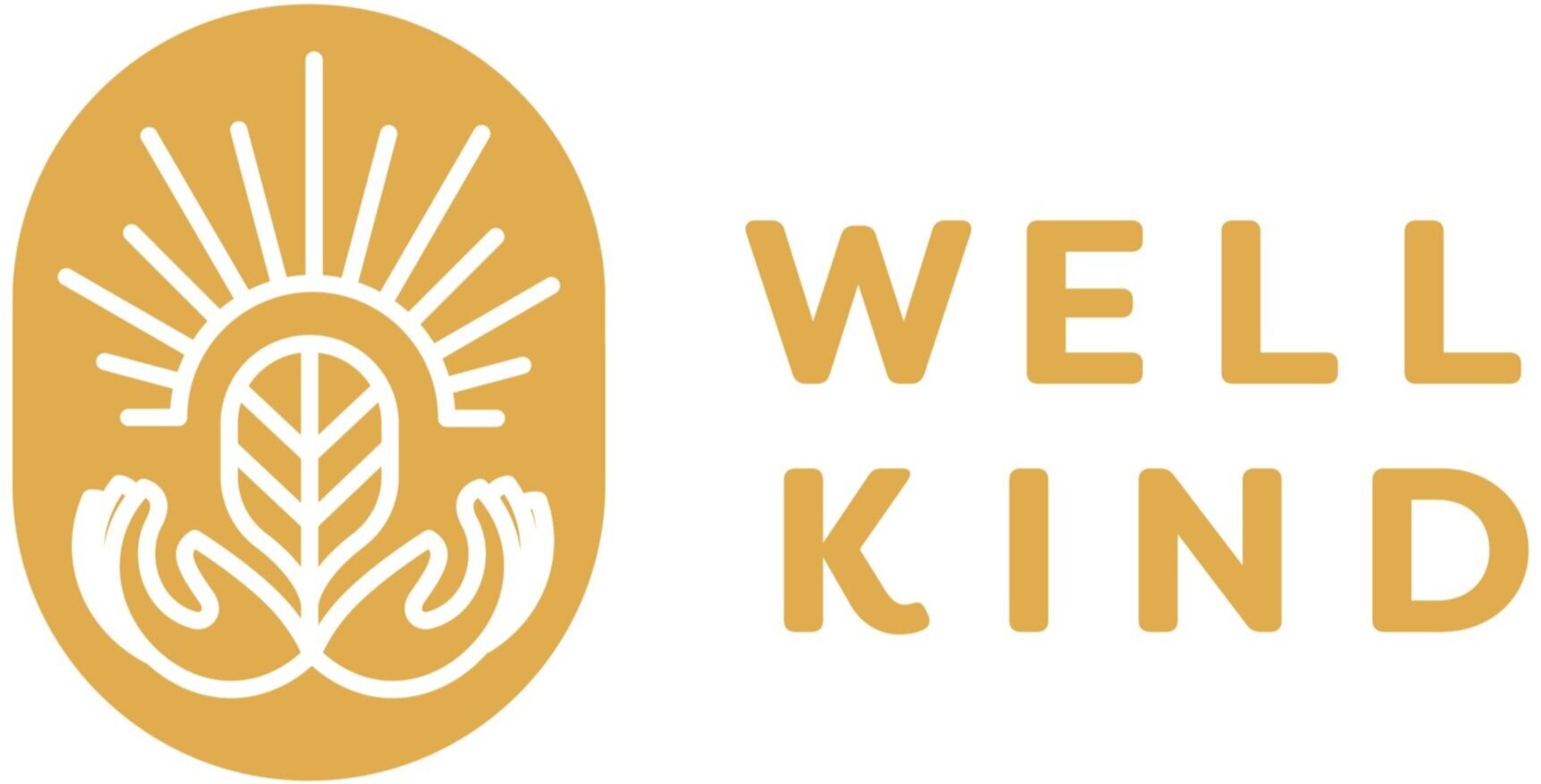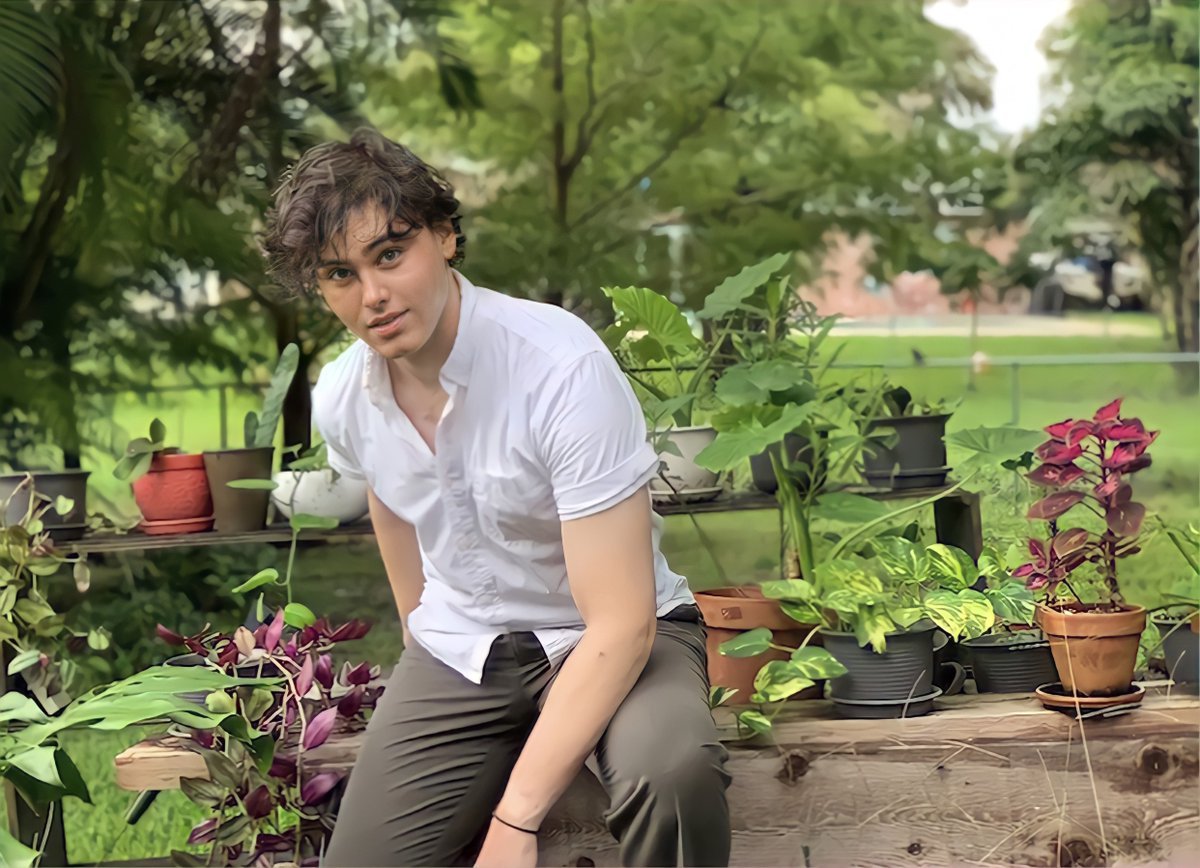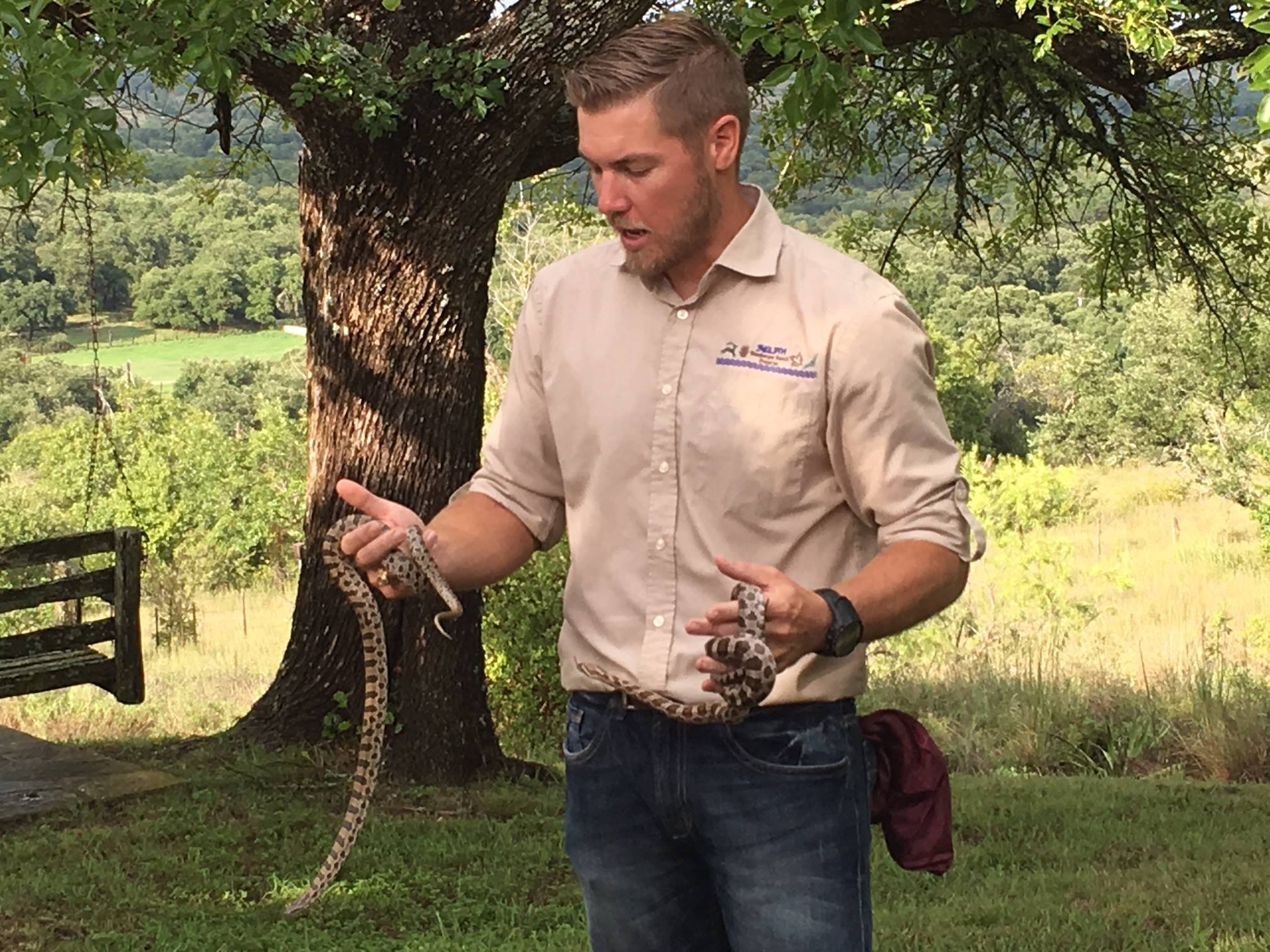December 9 Panel — “Working in the Environmental Field: New and Emerging Careers”
By Walker Laughlin
At WELLKIND, we’ve made an internship and vocational education course a key part of our innovative Forestry Program. WELLKIND’s Forestry Internship offers academic and vocational training in forestry policy, practices and science, as well as environmental communications. In this way, we prepare high school students to be the next generation of green professionals and environmental stewards.
To conclude this fall’s 8-week session, we are excited to announce an upcoming panel on green careers. On Thursday, December 9, from noon to 1:30 PM PST, a team of leaders in environmental science, industry and activism will give advice on how to succeed in new and exciting eco-friendly industries like soil science and regenerative agriculture.
The career panel will be broadcast internationally over Zoom. After speaking on their backgrounds and offering advice, the panelists will touch on new developments in their fields. Then, we’ll bring our audience into the discussion in a group Q and A session.
While our immediate audience is our cohort of WELLKIND Forestry interns, the webinar is open to the public for anyone to attend. Don’t miss this free opportunity to learn how you can break into rapidly growing green careers!
WHY ATTEND?
According to the Bureau of Labor Statistics (2020), green careers are expected to grow rapidly in the next few decades. Starting from 2016, by 2026, jobs for environmental scientists and specialists will have grown by over 11%, environmental engineers by 9%, and conservation scientists by over 6%.
Career panels are a great way to take an inside look into different industries and professions. Moreover, they give opportunities to build a professional network. According to HubSpot, networking helps people get as many as 85 percent of all jobs.
Networking as early as highschool helps young people like our interns gain access to important internships in college. Seventy percent of companies offer full-time jobs to their college interns once they’ve graduated, according to CompareCamp (2020).
OUR SPEAKERS
Growing up with the Everglades National Park as his backyard, David Baldwin, 18, grew fond of Florida ecology. At 14, he joined the Everglades Restoration Ambassadors, a nonprofit that removes nonnative plants. As an ambassador, he educates elementary school students about nonnative species using educational modules he developed.
The educational programs are based on Baldwin’s own research, which dates back to 2017 when he began conducting neuroscience research alongside members of the Max Planck Florida Institute for Neuroscience. In his junior year of high school, he interned in a biogeochemistry lab at Florida Atlantic University, where he began studying the nonnative plant Caesar’s weed, including its ideal germination conditions and its spread across Florida. Based on his findings, he theorized land-management practices like hands-on removal and prescribed burns to help keep the weed in control.
With over a decade of professional experience, Bobby Glass has worked on various projects as a landscape designer, water systems designer, project manager, construction manager, and muralist. He previously worked at Hyphae Design Lab as a project manager and design lead on projects ranging from ecologically minded resorts, water conscious private residences, and innovative institutional spaces. Bobby holds a BLA from Clemson University and an MLA from UC Berkeley, where he has also taught multiple undergraduate design studios.
Jared Holmes is an American zoologist, ecologist and conservation biologist located in the Hill Country of Central Texas. He grew up in the Poconos of Pennsylvania, chasing lizards and snakes with his brothers and biologist father. He went on to attend Texas A&M University, where he studied zoology and vertebrate zoology. Upon finishing his education, he became a research scientist in the American Southwest, studying snake and lizard diversity and distribution.
Jared's specialty is scientific communication and reading landscapes to understand community structure. He uses his knowledge and experience to help give his often misunderstood reptilian friends a better reputation and to help advise land owners on making best use of their property for biodiversity.
He has been the Zoologist and Director of Education for the Selah, Bamberger Ranch Preserve in Johnson City, Texas for over 8 years.
Greg Davison is a Career Technology Teacher for the high schools in the Tamalpais Union District, connecting students to internships and getting them to be “Work Ready” for their future careers.
Greg grew up in Bellevue, WA, actively engaged in outdoor activities including backpacking, hiking, and camping in the Cascades and Olympics. He received a B.A. in History from Whitman College in Walla Walla, WA, and spent 25 years in the corporate world with AT&T in Sales and Sales Management positions. He retired to get his Teaching Credential at Dominican University in San Rafael after spending years coaching various youth sports in Marin.
Greg has been to all 50 states, over 50 countries, and 44 National Parks. He is an active volunteer and serves on several boards including being Chair Ex Officio of the San Anselmo Chamber of Commerce.
Keisha Wheeler is a co-owner at Catalyst BioAmendments, an organic compost company. She is a Soil Foodweb Consultant who comes from a regenerative agriculture background based out of Southern Ecuador.
According to Keisha, Cataly’s compost “can help you increase yields, improve quality and reduce cost while transitioning to biological management. Our product supports a living soil system and we believe education is necessary to ensure the product is applied in a way that promotes growth. We work hard to promote understanding of Soil Food Web Techniques and microbial interactions with plants.”






